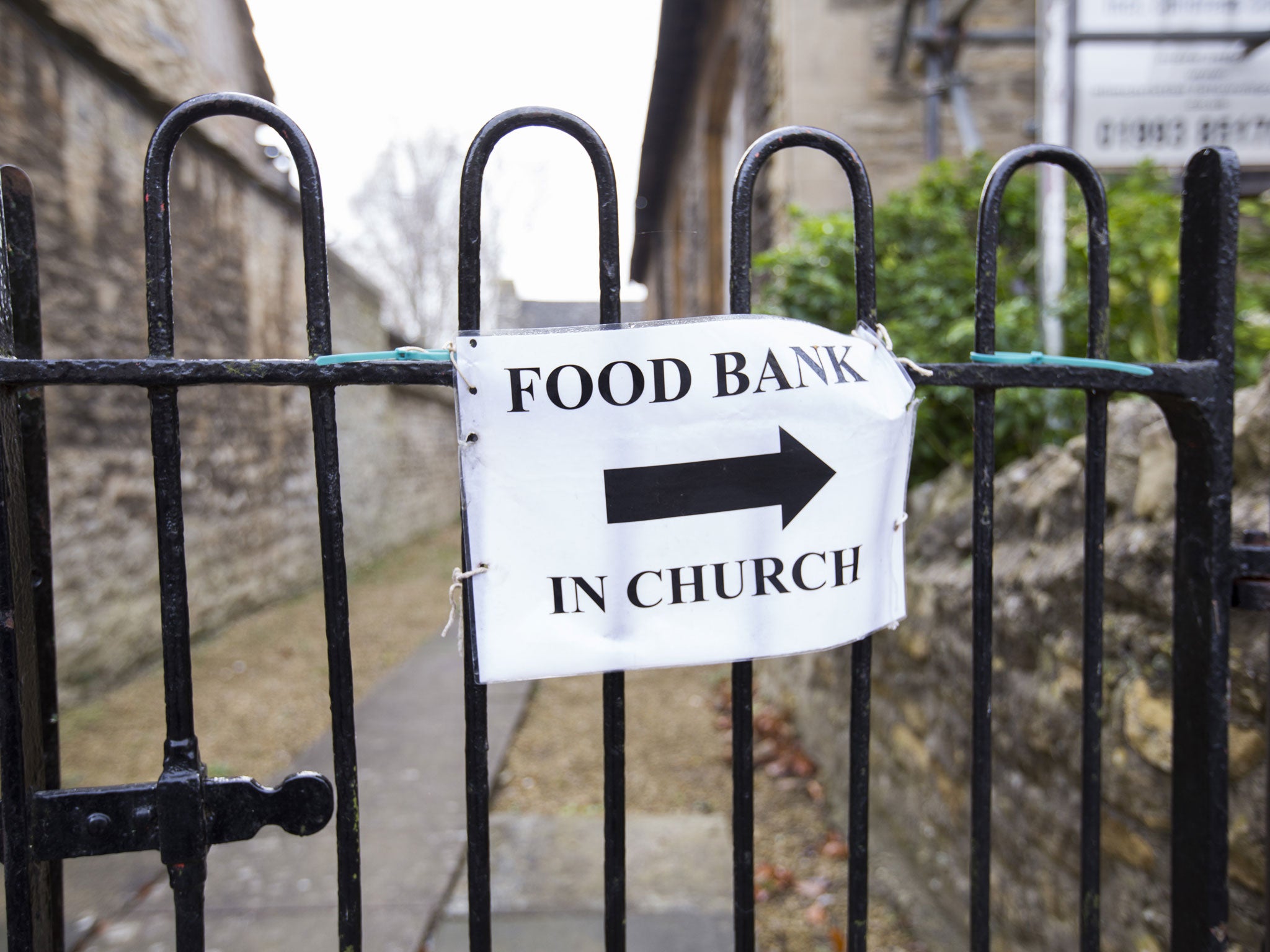Conservatives' claims about improving living standards challenged by independent experts

Your support helps us to tell the story
From reproductive rights to climate change to Big Tech, The Independent is on the ground when the story is developing. Whether it's investigating the financials of Elon Musk's pro-Trump PAC or producing our latest documentary, 'The A Word', which shines a light on the American women fighting for reproductive rights, we know how important it is to parse out the facts from the messaging.
At such a critical moment in US history, we need reporters on the ground. Your donation allows us to keep sending journalists to speak to both sides of the story.
The Independent is trusted by Americans across the entire political spectrum. And unlike many other quality news outlets, we choose not to lock Americans out of our reporting and analysis with paywalls. We believe quality journalism should be available to everyone, paid for by those who can afford it.
Your support makes all the difference.The Government’s claim that living standards are finally improving has been challenged by independent experts, who have warned that they will not recover strongly for another few years.
A study by the respected Institute for Fiscal Studies (IFS) cast doubt on figures trumpeted by Downing Street last week, which showed that take-home pay for most people rose by more than inflation in the 2012-13 financial year. Labour condemned the Government’s analysis as “dodgy” because it excluded benefits, tax credits and the self-employed.
The IFS study, the most up-to-date so far, shows that median household income in the current 2013-14 financial year is more than 6 per cent lower than before the economic crisis hit in 2007-08. This is seen as a more reliable guide than take-home pay.
It suggests that Ed Miliband’s campaign on the “cost of living crisis” may not have run out of steam, as the Conservatives hope. Crucially, it revealed that inflation was one percentage point higher each year since 2008 for the lowest fifth of households on the income scale. This means that, although incomes at the bottom appear to have fallen less than those at the top, real living standards have fallen by similar amounts across the spectrum.
Many people with mortgages have benefited from cuts in interest rates. But food and energy prices, which form a bigger proportion of spending among poorer households, have risen much faster than average prices. While inflation was 20 per cent between 2008-13, energy prices rocketed by almost 60 per cent and food costs by 30 per cent, the IFS said.
Abi Adams, a co-author, said: “Different types of households have had quite different experiences of inflation over the past few years. Those on lower incomes have typically experienced significantly greater inflation than those with higher incomes. Differential inflation has largely undone what would otherwise appear to be a significant reduction in inequality”.
However, Government ministers also took comfort from the study because it found that the fall in average incomes has probably come to a halt in the current financial year. It also said that incomes in the top 90 per cent of the scale have dropped by almost nine per cent since the recession, while those in the bottom 10 per cent fell by only 2.4 per cent because benefits kept pace with inflation until this year.
George Osborne, the Chancellor, said: “The IFS has made clear just how much poorer the country is as a result of Labour’s Great Recession but also that the fall in incomes ‘has probably come to a halt’ and that the median household will see a rise in household income in 2013-14. It has also confirmed that the richest households are contributing the most as we clear up the economic mess Labour left us. Only by continuing to work through our long-term plan will we secure a better economic future for hardworking people.”
But Labour seized on the IFS prediction that real earnings are not expected to return to their 2009-10 levels until 2018-19, as already forecast by the Office for Budget Responsibility, the fiscal watchdog.
Catherine McKinnell, a shadow Treasury minister, said:"These worrying figures show those on lower incomes have been hardest hit by price rises, particularly food and energy bills. And on current forecasts real earnings are not expected to get back to the level they were in the final year of the last Labour government until 2018/19. In other words, working people are worse off under the Tories.”
Join our commenting forum
Join thought-provoking conversations, follow other Independent readers and see their replies
Comments